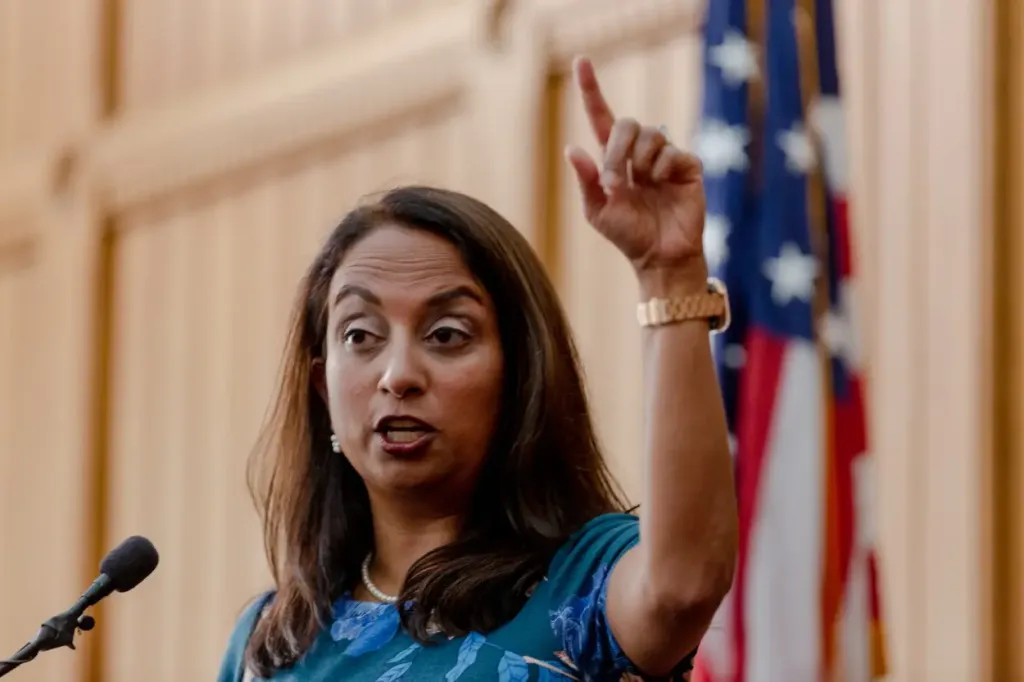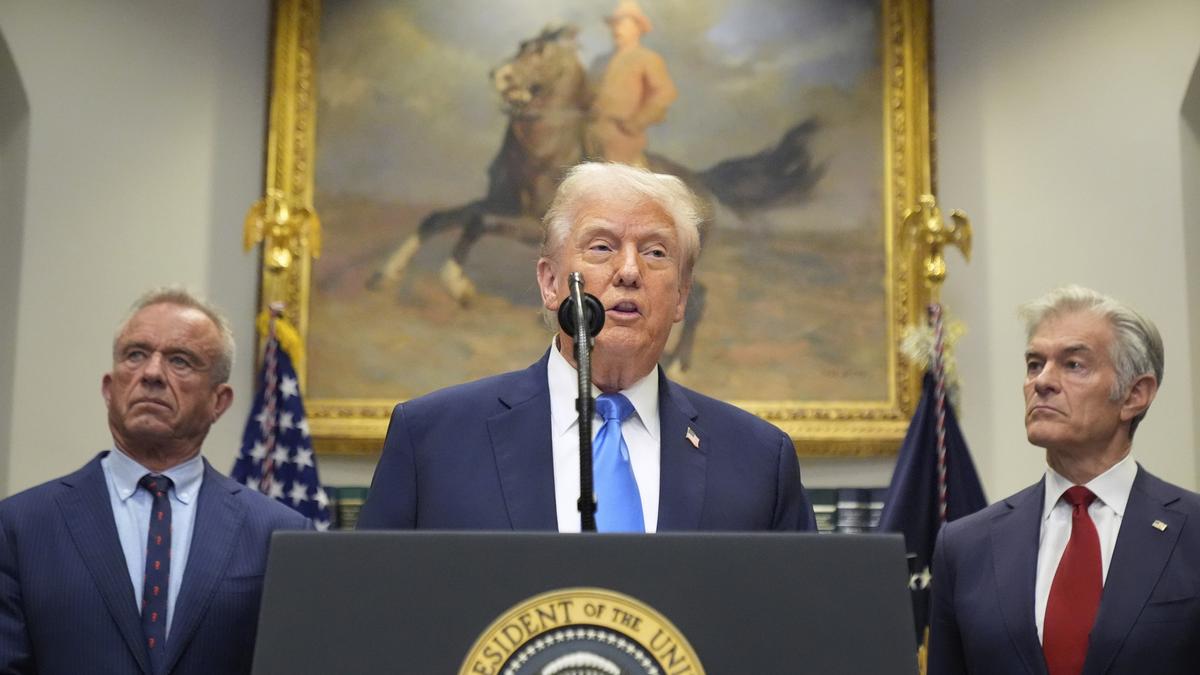
Public health experts raised concerns on Monday about increasing vaccine hesitancy among patients in the wake of shifting federal guidance, despite Connecticut having some of the highest vaccination rates in the country.
The meeting of infectious disease experts was convened by Public Health Commissioner Manisha Juthani to hear their thoughts on vaccine policy.
The group discussed challenges posed by recent federal changes and how to prepare for potential future shifts.
During the most recent legislative session, in anticipation of changes to public health policy under the Trump administration, lawmakers passed a measure allowing the DPH commissioner to create an advisory committee related to federal recommendations.
Juthani said the legislation was meant as “an opportunity to bring together voices” “in a time of change in the public health space.”
“What I think we’re facing right now in Connecticut is a lot of confusion,” Juthani said. “It is very difficult to discern information when there may be information overload, and it’s also unclear what exact decisions and ramifications there are when there are changes at the federal level.”
The panel of 14 experts included the deans of public health and medical schools as well as public policy experts and primary care providers.
Monday’s discussion in part focused on vaccine policy decisions issued last week by the Advisory Committee on Immunization Practices, or ACIP. The committee’s recommendations dictate who’s eligible for certain vaccines and whether the shots will be covered by insurance.
Several of the experts acknowledged that the shifting recommendations would only confuse the public and admitted that they were having trouble understanding the implications for some of the changes themselves.
On Friday, ACIP recommended the COVID-19 booster should be based on an individual’s own preferences and conversations with their providers, reversing years of guidance that all people 6 months and older should get the shot.
Juthani pointed to a recent announcement from AHIP, the national association of health plans, that its members would continue to cover the booster through 2026, regardless of ACIP guidance.
Even though most people who want boosters would still likely have access to them in the short term, several providers said the recommendation was likely to spark confusion for patients about whether they should get the shot.
The committee also discussed a change to the measles, mumps, rubella and varicella (MMRV) vaccine. Children under 4, according to new guidance, should not receive a single shot for all four diseases, and instead get one shot for measles, mumps and rubella and a second separate dose for varicella, or chicken pox.
Only 17% of children in Connecticut under 4 receive MMRV as a single dose, with the vast majority already receiving them separately, in compliance with the updated guidance, according to Juthani. But, again, several providers expressed concern about the broader implications of the change.
“What I am seeing is that this recommendation that was put out by ACIP is just further confusing parents, making them more distrustful of vaccines, making our jobs harder,” Barbara Ziogas, a pediatric infectious disease specialist, said. “We’re going to see more and more distrust of our system.”
Katherine Noble, a Fairfield County-based pediatrician, said she is already seeing evidence of rising vaccine hesitancy beyond the COVID-19 booster.
“Our biggest concern on the ground is that we’re seeing such an increase in general vaccine hesitancy,” Noble said. “I’m much more concerned about measles and MMR compliance than I am about the COVID vaccine.”
The advisory committee meeting marks the latest move by Connecticut to take charge of public health at the state and regional level in the face of uncertainty over federal public health policy.
Earlier this month, Gov. Ned Lamont issued a slew of executive actions seeking to protect COVID-19 vaccine access in Connecticut amid recent federal changes.
Last week, the administration announced the establishment of the Northeast Public Health Collaborative, a coalition of seven states, including Connecticut, and New York City to “promote and protect evidence-based public health” by collaborating on issues like vaccine recommendations and infectious disease management.



